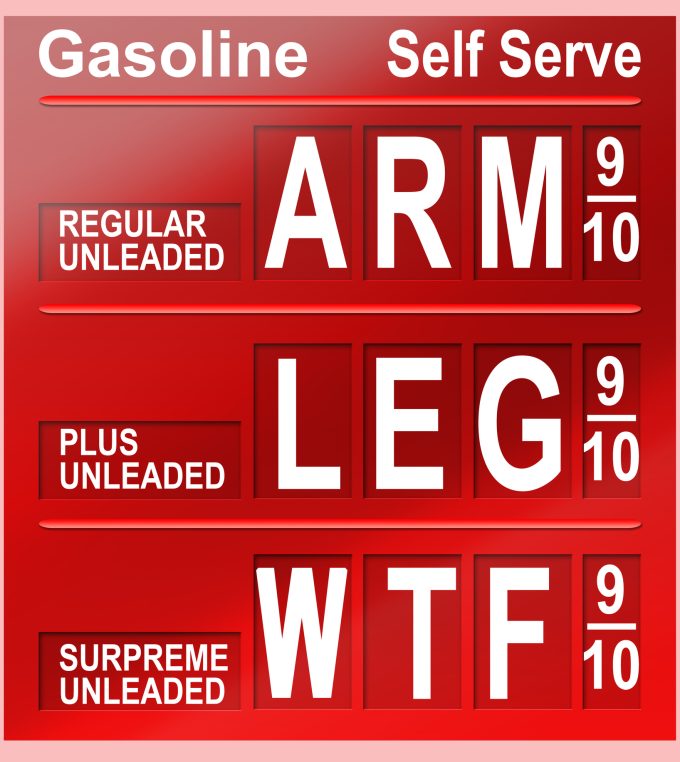ICTSI abandons Nigeria port project
Prolonged delays have forced the hand of International Container Terminal Services (ICTSI), which announced it ...

Airlines have had little joy with Nigeria recently. Many have pulled out, as the country is estimated to be withholding more than $500m in airline revenues. But those which continue to operate there face another problem – no fuel. The west African coast is facing a shortage which is likely to affect the Christmas season. While airlines had been looking to refuel in Ghana instead, some are now flying to Libreville in Gabon, as Ghana too is facing shortages.
Nigeria imports Jet-A1, the ...
Asia-USEC shippers to lose 42% capacity in a surge of blanked sailings
Why ROI is driving a shift to smart reefer containers
USTR fees will lead to 'complete destabilisation' of container shipping alliances
New USTR port fees threaten shipping and global supply chains, says Cosco
Transpac container service closures mount
Outlook for container shipping 'more uncertain now than at the onset of Covid'
DHL Express suspends non-de minimis B2C parcels to US consumers

Comment on this article